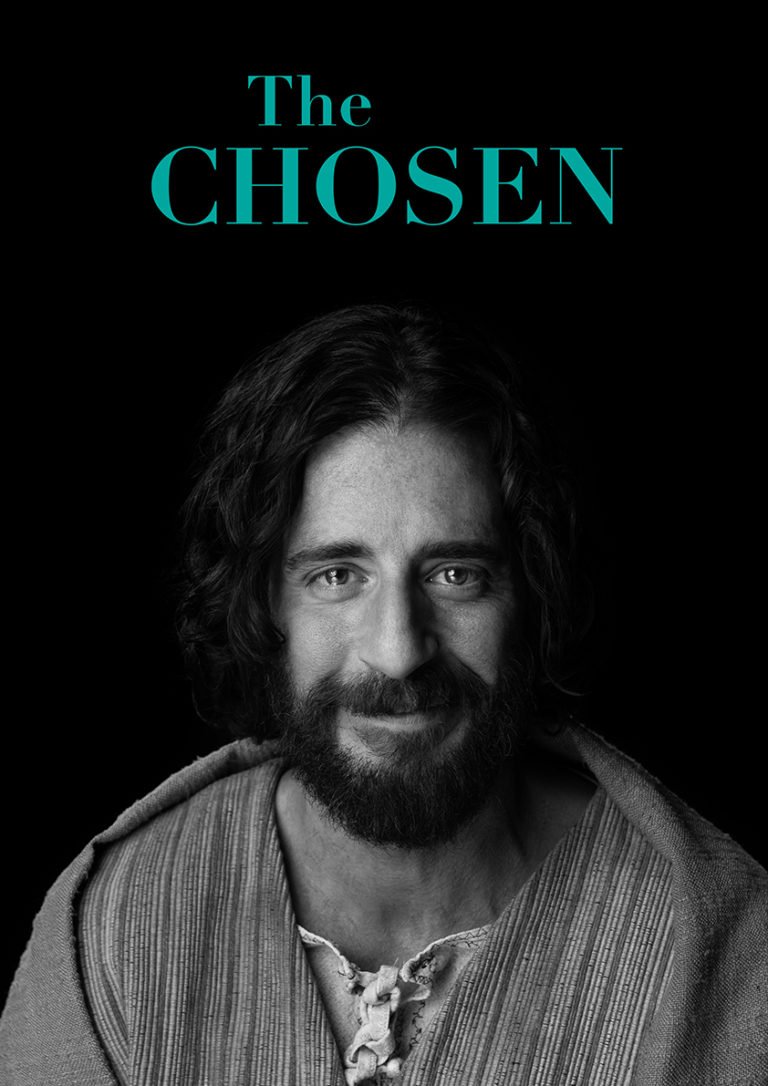
Public Domain of Darkness or Light: What Will be Done With These Masterworks?
By Allen Rushing, Contributing Writer
The 2023 is set to be a red-letter day for the release of “Dozens of Iconic Media,” the Daily Wire reports.
Many notable books, films, and songs will be given the status of “public domain.”
“A number of legendary media are about to enter the public domain in 2023, including the last remaining ‘Sherlock Holmes’ mystery book,” John Rigolizzo of The Daily Wire writes.
In his January 1, 2023 article, Rigolizzo went on to say:
According to the U.S. Copyright Office, copyrights on the vast majority of media items expire 70 years after the death of the original author. After that, the works enter the public domain and are available to be freely used by new creators. This year, a number of iconic media of all types are entering the public domain.
The most notable and controversial new work being added to the public domain is the short story collection “The Case-Book of Sherlock Holmes,” the final set of Sherlock Holmes mysteries written by the legendary Scottish author and physician, Sir Arthur Conan Doyle….Besides Sherlock Holmes, a number of other iconic books are entering the public domain. They include: Herbert Asbury’s 1927 novel “The Gangs of New York: An Informal History of the Underworld” which inspired the Oscar-nominated 2002 film “Gangs of New York,” starring Daniel Day-Lewis and Leonardo DiCaprio, “The Big Four,” a mystery featuring British author Agatha Christie’s iconic detective Hercule Poirot, “The Tower Treasure,” the first novel of the Hardy Boys series of children’s mystery novels, “Mosquitoes,” by William Faulkner, and “Men Without Women,” by Ernest Hemingway.
Besides books, the 1927 film “The Jazz Singer,” the first feature film with synchronized sound, or “talkie.” There are also several songs on the list as well, including “The Best Things in Life Are Free,” from the musical “Good News”; the novelty tune “(I Scream You Scream, We All Scream for) Ice Cream”; “Ol’ Man River,” from the iconic Rodgers and Hammerstein musical “Show Boat”; and the 1927 pop hits “Mississippi Mud” and “My Blue Heaven.”
Whenever something passes from private ownership to being in the public domain, one of two things may happen:
Possibility 1: The creative minds of other “sub-creators” (J. R. R. Tolkien, “On Fairy-Stories,” p. 23) will take the work of a “sub-creator” who has touched their lives, wrestle with this work, and seek to present it as faithfully as possible.
Possibility 2: The creative minds of other “sub-creators” will take another’s work and reinterpret it falsely, intentionally twisting the meaning of the work, for their own purposes.
The question is: Will the public domain that receives the media gifts scheduled to be given this year be a domain of darkness or light? What will be done with these masterworks as they fall into the hands of present day, postmodern, 2020s culture? Will the creative minds of writers, artists, filmmakers, storytellers, and others tend to faithfully reinterpret these works or will they twist and distort them so that they bear little resemblance to themselves. Will these creative minds use their “sub-creative” powers for good or for evil?
A last disturbing point that Rigolizzo makes in his article is a note about the expiration last year of A. A. Milne’s wonderful children’s book series, “Winnie The Pooh.”
He writes: “Months after the copyright expired, movie makers unveiled a slasher horror movie based on the world-famous characters. WINNIE THE POOH: BLOOD AND HONEY is scheduled to debut in theatres on February 15.”
There is more than one kind of revisionism. Historical revisionism is perhaps the most well known. But creative revisionism is just as ubiquitous and damaging. As Dr. Jerry Newcombe makes clear in his article on revisionism regarding 9/11, “willful blindness” regarding the past is folly. The same could be said of creative revisionism in all its forms.
Let us hope that WINNIE THE POOH: BLOOD AND HONEY will be the exception, not the rule in 2023.



 - Content:
- Content: 

